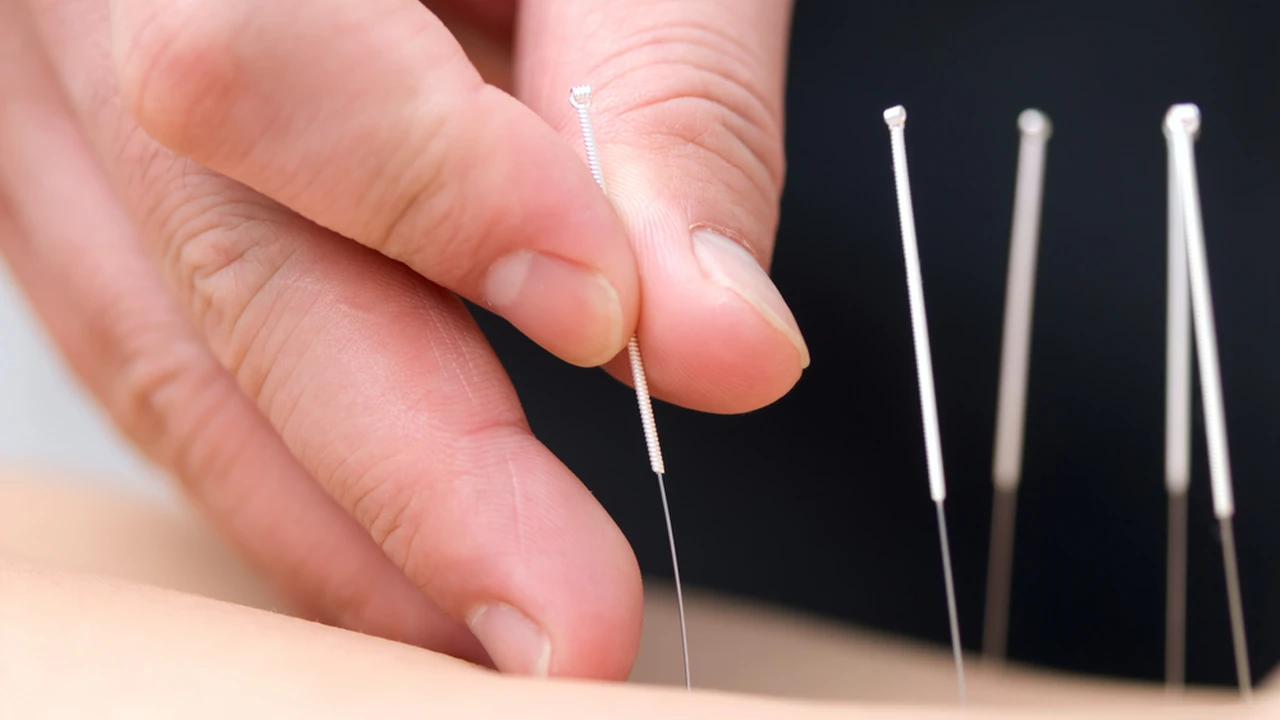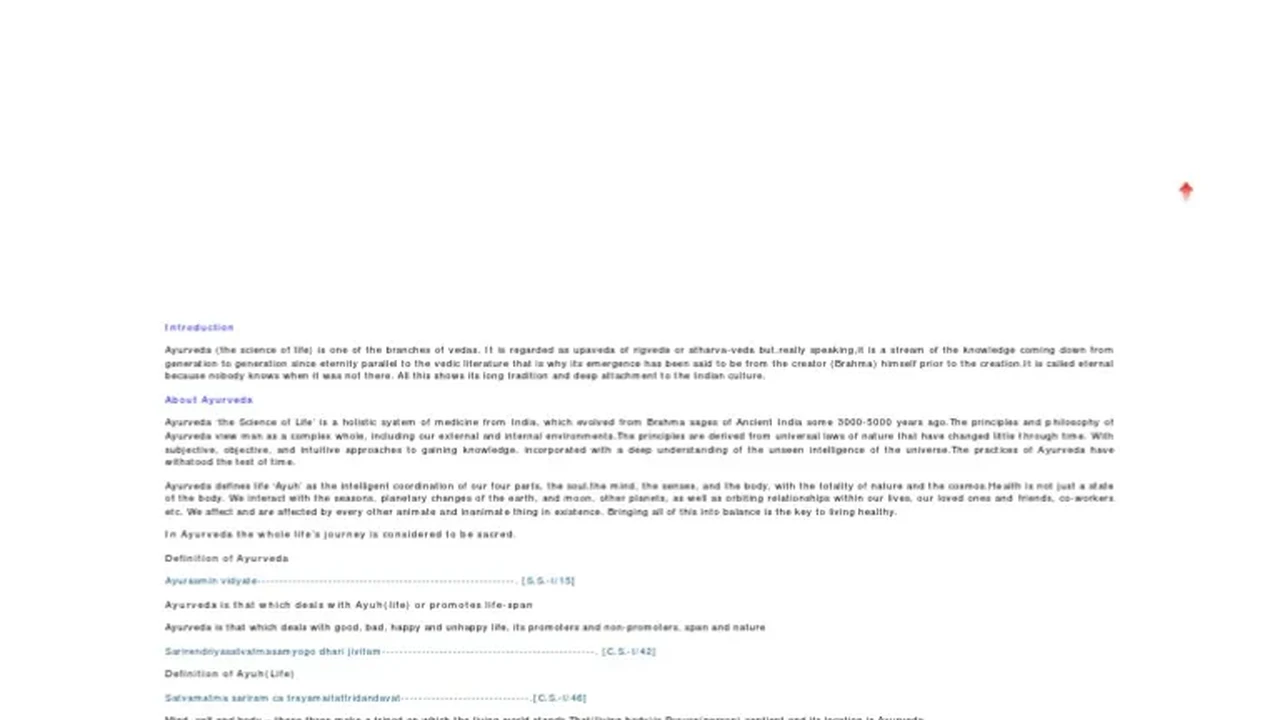5 Lifestyle Habits That Promote Longevity
Adopt 5 lifestyle habits that promote longevity. Live a longer, healthier life with these proven strategies.

Adopt 5 lifestyle habits that promote longevity. Live a longer, healthier life with these proven strategies. We all want to live a long, healthy, and vibrant life, right? It's not just about adding years to your life, but adding life to your years. While genetics play a role, a significant portion of our lifespan and healthspan is influenced by our daily choices. This article dives deep into five fundamental lifestyle habits that are scientifically proven to promote longevity and enhance your overall well-being. Forget quick fixes; these are sustainable practices that can truly transform your future.
5 Lifestyle Habits That Promote Longevity
The Power of a Nutrient Rich Diet Fueling Your Body for the Long Haul
When we talk about longevity, diet is often the first thing that comes to mind, and for good reason. What you put into your body directly impacts your cellular health, inflammation levels, and disease risk. It's not just about avoiding bad foods; it's about actively choosing foods that nourish and protect. Think of your body as a high-performance machine; it needs premium fuel to run optimally for decades.
Embracing Whole Foods The Foundation of Longevity Eating
The cornerstone of a longevity-promoting diet is whole, unprocessed foods. This means prioritizing fruits, vegetables, whole grains, legumes, nuts, and seeds. These foods are packed with vitamins, minerals, fiber, and antioxidants that combat oxidative stress and inflammation, two major drivers of aging. For instance, the Mediterranean diet, rich in olive oil, fish, vegetables, and whole grains, is consistently linked to increased lifespan and reduced risk of chronic diseases like heart disease and type 2 diabetes. It's not a strict diet but a lifestyle pattern that emphasizes fresh, seasonal ingredients.
The Role of Plant Based Proteins and Healthy Fats
While animal proteins can be part of a healthy diet, increasing your intake of plant-based proteins from sources like lentils, beans, chickpeas, and tofu can offer significant longevity benefits. These often come with added fiber and fewer saturated fats. When it comes to fats, focus on healthy unsaturated fats found in avocados, nuts, seeds, and olive oil. These fats are crucial for brain health, hormone production, and reducing inflammation. Omega-3 fatty acids, found in fatty fish like salmon or supplements, are particularly important for heart and brain health.
Mindful Eating and Portion Control for Sustainable Health
Beyond what you eat, how you eat matters. Mindful eating involves paying attention to your body's hunger and fullness cues, savoring your food, and eating without distractions. This can prevent overeating and improve digestion. Portion control is also key. Even healthy foods can contribute to weight gain if consumed in excess. Aim for balanced meals with a good mix of protein, healthy fats, and complex carbohydrates.
Consistent Physical Activity Moving Your Way to a Longer Life
Our bodies are designed to move, and regular physical activity is a non-negotiable habit for longevity. It's not just about burning calories; exercise impacts nearly every system in your body, from your cardiovascular health to your cognitive function.
Combining Aerobic and Strength Training for Optimal Benefits
The best approach to exercise for longevity combines both aerobic (cardio) and strength training. Aerobic activities like brisk walking, jogging, swimming, or cycling improve heart health, lung capacity, and circulation. Aim for at least 150 minutes of moderate-intensity aerobic activity or 75 minutes of vigorous-intensity activity per week. Strength training, on the other hand, builds and maintains muscle mass, which is crucial for metabolism, bone density, and preventing age-related decline. Incorporate strength training exercises for all major muscle groups at least twice a week.
Finding Activities You Enjoy The Key to Consistency
The most effective exercise program is one you can stick with. Don't force yourself into activities you dread. Explore different options like dancing, hiking, yoga, or team sports. The goal is to make movement an enjoyable and integrated part of your daily life. Even small bursts of activity throughout the day, like taking the stairs or walking during breaks, can add up.
Recommended Fitness Trackers for Monitoring Progress
To help you stay on track and monitor your activity, fitness trackers can be incredibly useful. They provide data on steps, heart rate, calories burned, and even sleep quality. Here are a few popular options:
- Fitbit Charge 6: A great all-rounder, offering excellent activity tracking, heart rate monitoring, and sleep insights. It's user-friendly and has a good battery life. Price: Around $159.95 USD. Use Case: Daily activity tracking, basic workout monitoring, sleep analysis. Comparison: More affordable than smartwatches, focuses purely on fitness.
- Garmin Forerunner 265: Ideal for more serious athletes, offering advanced running metrics, GPS, and training load insights. It's durable and has a long battery life. Price: Around $449.99 USD. Use Case: Detailed tracking for running, cycling, and other sports, performance analysis. Comparison: More robust and feature-rich for dedicated athletes compared to basic trackers.
- Apple Watch Series 9: A premium smartwatch with comprehensive health and fitness tracking, including ECG, blood oxygen, and advanced workout modes. Seamless integration with the Apple ecosystem. Price: Starting at $399 USD. Use Case: All-day health monitoring, smart notifications, advanced fitness tracking, and lifestyle integration. Comparison: A full-fledged smartwatch with extensive health features, but higher price point and shorter battery life than dedicated fitness trackers.
Prioritizing Quality Sleep The Unsung Hero of Longevity
In our fast-paced world, sleep is often sacrificed, but it's a critical component of longevity. During sleep, your body repairs cells, consolidates memories, and regulates hormones. Chronic sleep deprivation is linked to an increased risk of heart disease, diabetes, obesity, and cognitive decline.
Establishing a Consistent Sleep Schedule for Optimal Rest
The most impactful step you can take is to establish a consistent sleep schedule. Go to bed and wake up at roughly the same time each day, even on weekends. This helps regulate your body's natural circadian rhythm. Aim for 7-9 hours of quality sleep per night for most adults.
Creating a Conducive Sleep Environment and Routine
Your sleep environment plays a huge role. Make your bedroom dark, quiet, and cool. Avoid screens (phones, tablets, TVs) for at least an hour before bed, as the blue light can interfere with melatonin production. Develop a relaxing bedtime routine, such as reading a book, taking a warm bath, or practicing gentle stretching, to signal to your body that it's time to wind down.
Sleep Aids and Products for Enhanced Rest
If you struggle with sleep, certain products can help create a better environment:
- Weighted Blankets: Provide deep pressure stimulation, which can promote relaxation and reduce anxiety, leading to better sleep. Brands like Gravity Blanket (around $180-$250 USD) or more affordable options from YnM (around $50-$100 USD) are popular. Use Case: For individuals with anxiety or those who find comfort in gentle pressure. Comparison: Offers a physical sensation of comfort, unlike supplements or sound machines.
- White Noise Machines: Mask disruptive noises and create a consistent, soothing sound environment. The Hatch Restore 2 (around $199.99 USD) combines a sound machine, smart light, and alarm clock. Simpler models like the LectroFan Classic (around $49.95 USD) are also effective. Use Case: Blocking out street noise, noisy neighbors, or creating a calming atmosphere. Comparison: Provides auditory comfort, whereas weighted blankets provide tactile comfort.
- Blue Light Blocking Glasses: Wearing these glasses a few hours before bed can help reduce exposure to blue light from screens, which can disrupt melatonin production. Brands like Felix Gray (around $95-$145 USD) or more budget-friendly options from Cyxus (around $20-$40 USD) are available. Use Case: For those who need to use screens in the evening but want to protect their sleep. Comparison: A preventative measure against light disruption, unlike reactive sleep aids.
Managing Stress Effectively Cultivating Inner Peace for Longevity
Chronic stress is a silent killer, contributing to inflammation, high blood pressure, and a weakened immune system. Learning to manage stress effectively is paramount for a long and healthy life. It's not about eliminating stress entirely, which is impossible, but about developing healthy coping mechanisms.
Incorporating Mindfulness and Meditation into Your Daily Routine
Mindfulness and meditation are powerful tools for stress reduction. Even just 10-15 minutes a day can make a significant difference. These practices help you become more aware of your thoughts and emotions without judgment, allowing you to respond to stressors more calmly. Apps like Calm or Headspace offer guided meditations for all levels.
The Benefits of Social Connection and Community Engagement
Humans are social creatures, and strong social connections are consistently linked to greater longevity and well-being. Nurture your relationships with family and friends, join clubs or groups that align with your interests, and engage with your community. Loneliness and social isolation can be as detrimental to health as smoking.
Hobbies and Relaxation Techniques for Stress Relief
Dedicate time to hobbies and activities that bring you joy and help you relax. This could be anything from gardening, painting, playing music, or spending time in nature. Deep breathing exercises, progressive muscle relaxation, and journaling are also excellent techniques to calm your nervous system.
Nurturing Your Brain Lifelong Learning and Cognitive Engagement
Longevity isn't just about physical health; it's also about maintaining cognitive function and mental sharpness. A healthy brain allows you to enjoy life to the fullest and remain independent as you age.
The Importance of Lifelong Learning and New Challenges
Just like your muscles, your brain needs exercise to stay strong. Engage in lifelong learning by reading, learning a new language, playing an instrument, or taking up a new skill. Challenging your brain with novel experiences helps build cognitive reserve and can delay the onset of age-related cognitive decline.
Brain Boosting Activities and Games
Incorporate brain-boosting activities into your routine. Puzzles, crosswords, Sudoku, and strategic board games are all great ways to keep your mind active. Even simple tasks like trying a new route to work or brushing your teeth with your non-dominant hand can stimulate new neural pathways.
Nutritional Support for Cognitive Health
Certain nutrients are particularly beneficial for brain health. Omega-3 fatty acids, antioxidants (found in berries, dark chocolate, and leafy greens), and B vitamins all play a role in supporting cognitive function. Consider a balanced diet rich in these nutrients to give your brain the fuel it needs.
Adopting these five lifestyle habits isn't about perfection; it's about consistent effort and making conscious choices that prioritize your long-term health. Start small, be patient with yourself, and celebrate every step you take towards a longer, healthier, and more fulfilling life. Your future self will thank you for it!
:max_bytes(150000):strip_icc()/277019-baked-pork-chops-with-cream-of-mushroom-soup-DDMFS-beauty-4x3-BG-7505-5762b731cf30447d9cbbbbbf387beafa.jpg)






